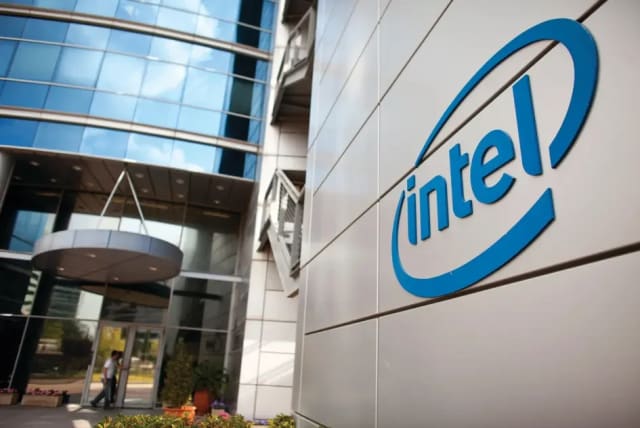Intel unveils AI innovations for Paris 2024 Olympics

As the official partner for the 2024 Olympic and Paralympic Games, Intel showcases how its AI-driven technology will enhance the spectator experience and athlete performance.
As the 2024 Olympic and Paralympic Games approach, Intel, the official technology partner, revealed how its artificial intelligence (AI) advancements will enhance both the viewing and participation experience in Paris. The tech giant presented its latest AI-driven technologies, showcasing how they will redefine the world's biggest sporting event.
At a special event in Paris, Intel demonstrated its technological innovations developed over the past few years. Utilizing AI-powered hardware and software, including Intel’s Xeon processors and AI accelerators like OpenVINO, Intel aims to provide interactive experiences for viewers at home and in stadiums. This technology not only improves athletic capabilities but also identifies new talents.
One notable feature is a pilot program using AI and computer vision to analyze complex athletic exercises and tailor profiles for young Olympic hopefuls. This technology can assess and enhance training by creating individualized profiles for athletes.
Intel's AI advancements have also made strides in universal accessibility for visually impaired individuals. Leveraging AI based on Intel Xeon, 3D models of sports centers for Paralympic athletes have been developed. These models enable internal navigation and voice guidance through a smartphone app, which can be expanded to other areas. Additionally, real-time monitoring technology for crowd density in aisles was introduced to aid security forces.
The Paris 2024 Olympics will be the first to use Intel Xeon processors to deliver 8K live streaming, providing a glimpse into the future of high-definition, low-latency live streaming over the internet. AI automation will also be used to allow broadcasters to offer more personalized digital content to viewers faster than ever. Broadcasters can request AI-tailored content for their audience, a feature that will eventually allow personalized viewing experiences.
Intel’s AI technology is also preserving the heritage of the Olympic Games by converting Olympic artifacts into 3D digital models. “The Olympic and Paralympic Games are the world’s largest showcase for athletes to push the boundaries of what is possible and achieve feats we never thought possible,” said Sarah Vickers, Intel's Olympic and Paralympic Games Office Director. “This summer, Intel will accelerate its mission to bring 'AI everywhere,' demonstrating the powerful potential of AI to create immersive and interactive experiences at the Olympics.”
Jean-Laurent Philippe, Intel's Head of Technology for Europe, the Middle East, and Africa, added, “We have demonstrated how AI can enhance performance, streamline operations, and create unforgettable experiences. We are showcasing the future of sports viewing and managing large-scale events. The AI opportunities are vast, ready for forward-looking companies to harness them.”
Jerusalem Post Store
`; document.getElementById("linkPremium").innerHTML = cont; var divWithLink = document.getElementById("premium-link"); if (divWithLink !== null && divWithLink !== 'undefined') { divWithLink.style.border = "solid 1px #cb0f3e"; divWithLink.style.textAlign = "center"; divWithLink.style.marginBottom = "15px"; divWithLink.style.marginTop = "15px"; divWithLink.style.width = "100%"; divWithLink.style.backgroundColor = "#122952"; divWithLink.style.color = "#ffffff"; divWithLink.style.lineHeight = "1.5"; } } (function (v, i) { });
